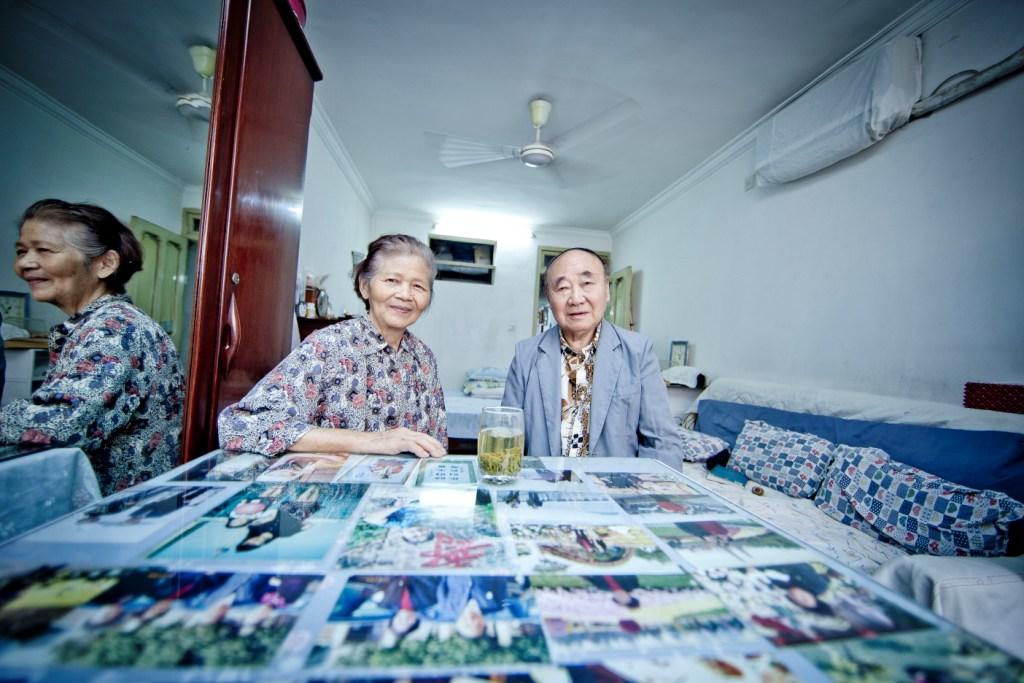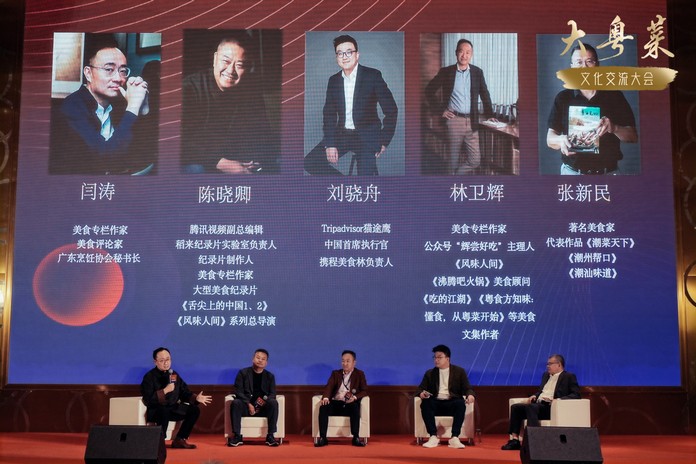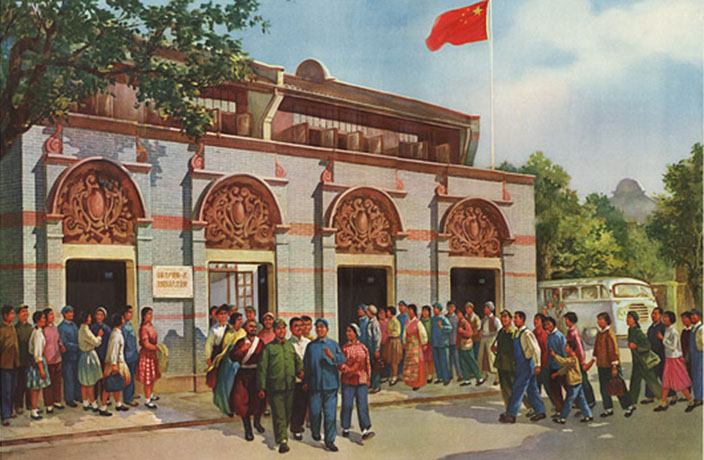By Celine Song and Ned Kelly
From Old Shanghai and the Concession Era to Reform and Opening Up, via the Japanese Occupation, Civil War, birth of the People's Republic, Great Leap Forward and Cultural Revolution, Lao Shanghairen was a series where we talk to ordinary citizens who lived through extraordinary times.
At the time of this 2011 interview, Ji Lianzhen and Dong Yongkang were 80 and 87 years old, respectively.
“I was born in Pudong in 1931, when it was no more than a couple of villages,” says Ji Lianzhen. “My family was one of the poorest around so there wasn’t much to lose. Even health was a luxury when you didn’t have enough food to eat. My mother died of appendicitis when I was very young.”
One of Ji’s earliest memories is an encounter with a group of Japanese soldiers.
"They were wandering down the street when they saw me playing with some other kids. One of them must have found me cute because he offered me a colorful candy ball.
"It was very beautiful, and I seldom had access to this kind of luxury, but I was too afraid to accept anything from the Japanese. The soldier put one into his own mouth to prove it was not poisonous, but I still dared not take it.
"Suddenly the soldiers became so angry that they threatened to kill me, holding a knife to my throat," she says, "I had no choice but to put the candy in my mouth. I was so scared I couldn’t tell you what it tasted like."
To escape the danger of the Japanese, when Dong was 14 her family left their Pudong home for what is now Changning District, where she still lives today.
"I used to work in a brick kiln in Pudong when I was about 10 years old. After we moved to Changning, young as I was, I took care of the children even younger than me. Cooking, washing, all kinds of housework. Changning was but a large field back then. The grand old-style building a block away from here used to be nothing but a graveyard.
"From the Old Western Gate of the ancient town to Zhongshan Park, it was a big smelly ditch. On many roads, only one three-wheeler could pass. Now all of them are so wide and flat. Althought back then, only the big land owners had cars."
They may have gotten away from the Japanese, but Changning held new dangers.
"Life was a little better, but Chinese gangsters were still seen everywhere at that time, and the police were in collaboration with them. If you wore nice clean clothes and were a nobody you might lose your coat, or even your life, in broad daylight. Girls dared not walk on the street."
Many of Ji’s relatives were Dixiadang, underground communists working under the cover of another career. Though still a child, she was assigned to stand sentry outside the door at meetings.
"I didn’t have a clear idea about what was going on inside, but felt a keen sense of responsibility. Strangely, during the Cultural Revolution, some of the people attending those meetings were misjudged as traitors, and died miserably afterwards."
Ji was asked to join the Communist Party several times later on in life, but declined.
"I said to them, ‘You work inside and I work outside. It’s all the same. I know I am revolutionary in my mind. Joining the party is but a name. Doing the right thing is practical.’ Besides, with three kids, I was very busy with the housework."
Ji says the civil war raged all along Suzhou Creek.
"The Kuomintang on the northern side, Communists on the south. People would take cover behind anything they could for fear of being hit by a stray bullet."
When the city was finally liberated, Ji was bestowed a great honor.
"Premiere Zhou Enlai and Vice Chairman Song Qingling came to Shanghai to celebrate the event with the Shanghai people. I was chosen as one of the worker representatives to see their cars passing on the street.
"No airport was available at the time, so the crowd started from the railway station. I still feel so privileged to have been standing on the first row of the crowd when these great men passed and waved to the people.”
As change swept the country, Ji embarked on some personal self-improvement. “I was illiterate before the Liberation. I taught myself to read by reading the lyrics of the folk operas as I really enjoyed those a lot. Later I could understand newspapers and books.”

Dong Yongkang came to Shanghai from Ningbo at age 14 to work as an apprentice to his uncle. He says his first big memory was a bomb targeting the turf which was later to become People’s Square. It missed its target and ended up hitting Dashijie, or ‘Big World’ - a famous cabaret club of the day.
Dong and Ji married in 1955.
"In the 1960s, people were satisfied enough with their marriage if they would have enough to eat and a place to sleep," says Ji.
"Later they would ask for a bicycle, a sewing machine, a radio set or for money. Now they wouldn’t say yes without a house and a car. Of course that’s too much, but it does mean living conditions are better.”
An improvement in standard of living is something they have experienced first hand.
"Our first living space was only 9 square meters. Then my factory and the government helped us get an apartment of about 20 square meters, which was then expanded to 62 square meters and redecorated."
Their family also expanded.
"We have three children, who all walk different paths in life," says Ji.
"The eldest son was sent to the countryside during the Cultural Revolution. He was really lucky to be able to return after two and a half years, pass the examination and get into Shanghai Normal University. He is now a teacher in a high school.
"My second son is a senior technician building planes. He is so good at what he is doing that he has had job offers from Hong Kong and the US. My daughter inherited my old position and became a worker in a textile factory."
It seems it is their TV which they see as the yardstick for progress.
"We got our first 10-inch TV set in 1975," explains Ji.
"Years later we replaced it with a 16-inch one, then a 21-inch imported Phillips,” says Ji. They are now fully satisfied with a 40-inch flatscreen. "A bigger one would harm our eyesight and cause us headaches."
"A great convenience nowadays is provided by the cell phone. No matter where you are, you can contact with your family at any time."
Both Ji and Dong say they feel lucky to have seen such a huge change from poverty to prosperity in their lifetimes, and happy with the peaceful and abundant life lead today.
"Now everything is so highly developed. We eat much cleaner and healthier. Look at my husband. Does he look like eighty?"
This article first appeared in the November 2011 issue of That's Shanghai.





















0 User Comments